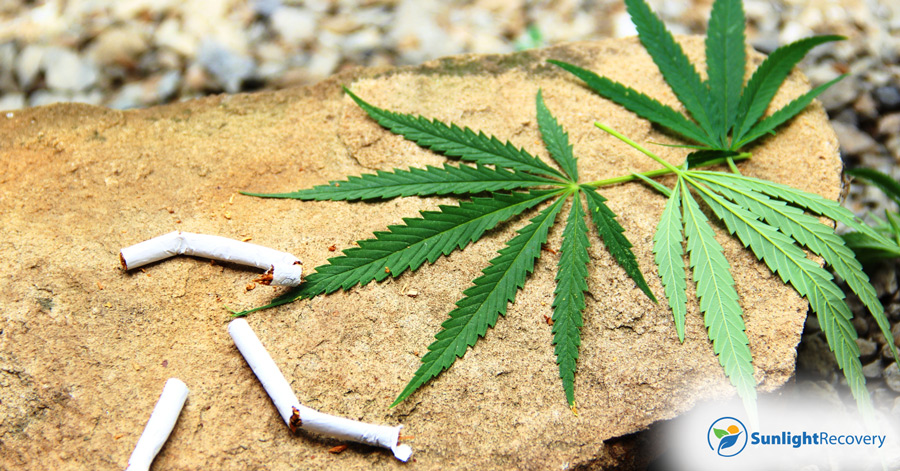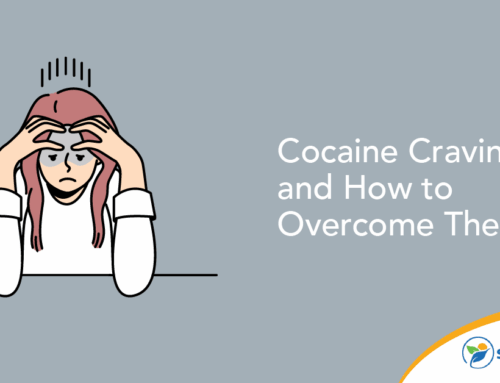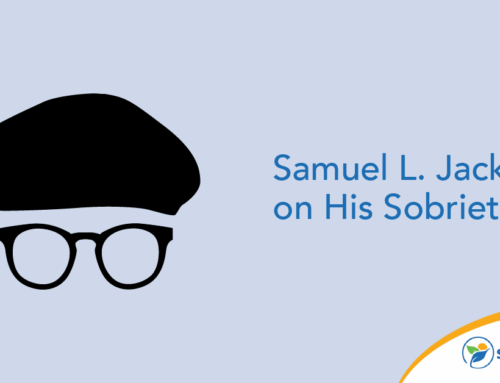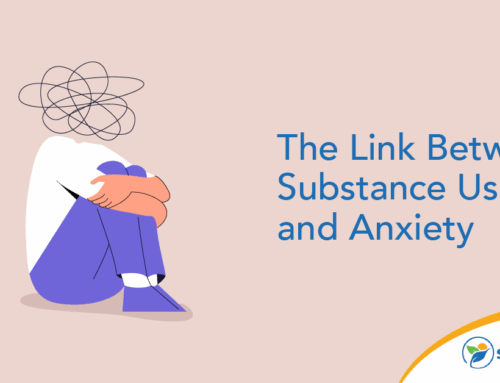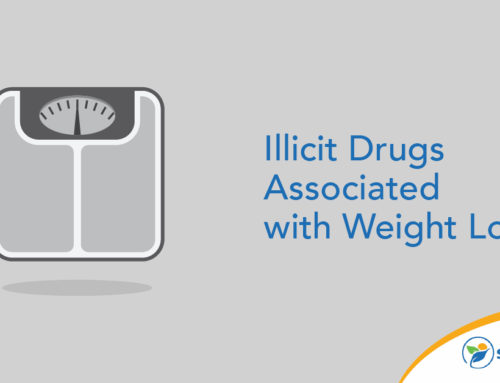Are you tired of feeling dependent on weed? Do you worry about the impact it’s having on your health, relationships, or career? You’re not alone. According to The National Institute on Drug Abuse, approximately 14.2 million people in the United States struggle with marijuana use disorder. That’s a lot of people who want to break free from the cycle of addiction, but don’t know where to start.
If you’re ready to take control of your life and learn how to stop smoking weed, you’ve come to the right place. In this article, we’ll cover the science of addiction, how to break free from marijuana dependency and what you can do to start living a healthier lifestyle.
7 Essential Tips for Quitting Weed and Reclaiming Your Life
Quitting weed can be a challenging process, but it’s also an incredibly rewarding one. If you’re ready to take control of your life and overcome your dependence on marijuana, our seven quitting weed tips can help you succeed.
1. Purge Your Home of All Temptation
The first step to quitting weed is purging your home of all temptation. This means purging everything that you associate with the drug, which can involve getting rid of the pipes, bongs and rolling papers you used for smoking weed.
It also means getting rid of other pieces of art, memorabilia and decor that remind you of when you were stoned. A clean break is essential — you need to completely cut off all connections between your pot use and your present-day life.
2. Set Clear, Measurable Goals for Your Recovery
Your recovery from weed will be a long journey, and it’s important to have goals in place to help you stay motivated and on track. Make sure that your goals are measurable so you can see progress toward them every step of the way.
For example, if you want to quit smoking weed because it’s not healthy for your body, set a goal of exercising three times per week. That way, you can track how much healthier your body is getting over time.
3. Identify Your Triggers
Think about the situations, emotions, or people that make you want to smoke weed. Avoiding these triggers as much as possible can help you stay on track, or come up with a plan to cope with them in a healthy way.
For example, if you tend to smoke weed when you’re feeling anxious, try finding alternative ways to cope with anxiety such as exercise, deep breathing or talking to a friend.
You can also get creative and come up with a list of things to do when you feel like smoking weed. It’s important to note that triggers will be different for everyone, so identifying what puts you in risky headspaces is key.
4. Find Alternative Coping Mechanisms
While smoking weed might have been your way to relax or cope with stress, healthier alternatives are on the horizon. Exercise is a great option; in fact, research has shown it can help reduce weed consumption by up to 50%.
Incorporating physical activity into your routine can not only help you quit smoking weed, but it also has numerous other benefits for your physical and mental health. But it’s not the only coping mechanism that can help you quit smoking weed. Some other strategies to consider include:
- Meditation and mindfulness practices
- Speak with a friend or loved one about your feelings
- Journaling or other creative outlets
Incorporating these strategies into your recovery plan can increase your chances of success on your path to becoming sober.
5. Get Support
One of the most important elements of how to stop smoking weed is finding support. Whether it’s from your family, friends, a therapist or a coach, having someone to talk to about your desire to quit can help you stay focused on your goal.
It’s also important to consider what kind of support you need. If you’re not sure where to start, consider talking with a professional who can help guide you through the process and make sure you stay accountable for your recovery. Research has shown that people who have support during the recovery process tend to have better outcomes.
6. Find Substance-Free Ways to Connect with Others
Withdrawing from cannabis can leave you feeling isolated and depressed. But if you have friends who support your decision, it’s much easier to stay on track. Find new hobbies that don’t involve smoking weed.
You’ll be surprised how quickly they become part of your routine—and how good it feels to have something else besides marijuana occupying your time and attention.
7. Seek Professional Help
If you’re finding it difficult to quit smoking weed on your own, consider seeking help from a professional addiction treatment center. These centers are equipped with the expertise and resources to help you overcome your addiction and build a healthier future for yourself.
The Warning Signs of Weed Dependence
If you’re using weed on a regular basis, it’s important to be aware of the signs of dependence. While marijuana is generally considered to be less addictive than other drugs, it is still possible to develop a dependence on it.
Here are some warning signs to watch for:
- Using weed to cope with stress or negative emotions
- Experiencing cravings or a strong urge to use weed
- Needing more and more weed to get high
- Inability to control your weed use
- Neglecting important responsibilities or activities in favor of using weed
- Continuing to use weed despite negative consequences
- Experiencing withdrawal symptoms when you stop using weed
If you’ve noticed any of the warning signs, it’s time to take action. Recognizing that you have a problem is the first step towards recovery and seeking the help you need.
The Journey to Sobriety
Making a plan for how to quit weed on your own can be a difficult and overwhelming process. Withdrawal symptoms, triggers and a lack of support and resources can all make it tough to stay sober. If you’re struggling to quit smoking weed on your own, it’s important to remember that you never have to go through it alone.
Sunlight Recovery is a professional treatment center that can provide the support and resources you need to succeed in your journey toward sobriety. With a team of experienced professionals and a range of evidence-based treatment options, Sunlight Recovery can help you overcome your dependence on weed.
Don’t let the challenges of quitting weed on your own hold you back. Reach out to Sunlight Recovery for help today and take the first step toward a healthy, sober future.


